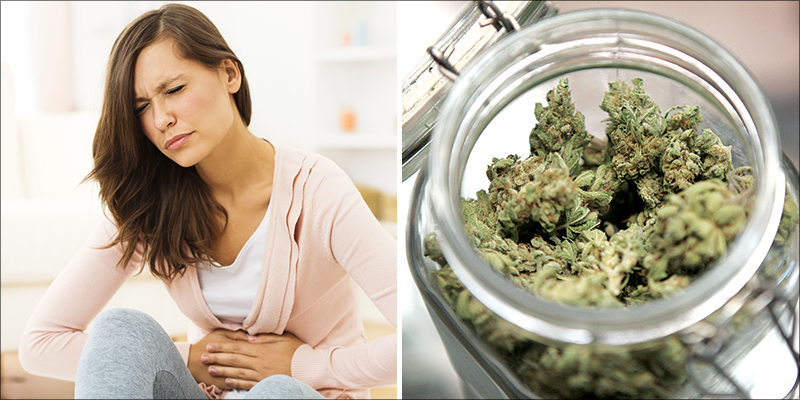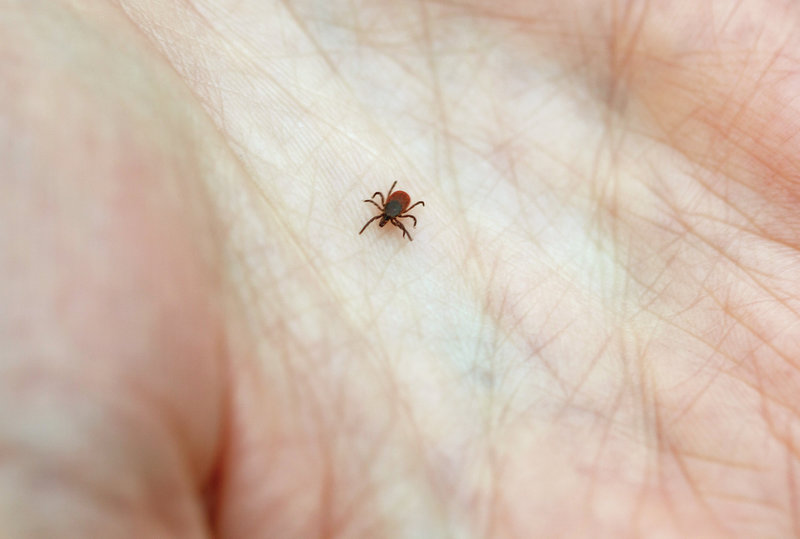3 Digestive Disorders Successfully Treated With Medical Cannabis
Many cannabis consumers know that a little herb is an excellent home remedy for nausea and pain. However, those with serious gastrointestinal conditions, such as inflammatory bowel disease, may find more benefit with the herb than you might expect. While no large formal trials have been conducted, GI patients are flocking to cannabis by the thousands. Here are three digestive disorders being treated with medical cannabis.
1. Crohn’s Disease

Perhaps some of the most remarkable transformations in the medical cannabis world have been from Crohn’s patients. Activist Shona Banda, a mother who had been bedridden and emaciated after battling with the disease, has even faced criminal charges for illegally using cannabis oil to live again.
Thus far, only small pilot trials of cannabis for Crohn’s disease have been completed. None have been completed for colitis. Both of the oft-cited Crohn’s studies, however, have had promising results.
The most recent, published in Clinical Gastroenterology and Hepatology, scientists performed a double-blind, placebo-controlled trial of 21 Crohn’s patients. 11 of the patients smoked cannabis cigarettes twice daily. Each cigarette contained 115 mg of tetrahydrocannabinol (THC), the active component in cannabis.
By the end of an eight-week trial, 5 of the 11 cannabis consumers experienced a complete remission of the disease. 10 out of 11 of the cannabis group had a positive clinical response to the treatment.
2. Irritable bowel syndrome (IBS)

Theories are circulating as to how cannabis might treat irritable bowel syndrome (IBS). Most IBS patients either present diarrhea (D) or constipation (C) as one of their primary gastrointestinal complaints. Patients may also switch back and forth between both symptoms.
Thus far, it is well known that the herb can ease stomach pain and slow down diarrhea, two of the major side effect of IBS-D. In terms of constipation, cannabis may temporarily ease pain, but the plant has the tendency to slow down bowel movements, not speed them up. However, anecdotal reports might refute this idea.
While the herb can certainly help with some of the main symptoms of IBS, some researchers think there may be a greater connection between the plant and the condition than you might expect. American researchers have theorized that IBS patients may have an endocannabinoid deficiency.
Endocannabinoids are the human body’s own cannabis. When you consume the herb, phytochemicals in the plant hijack the typical landing sites for endocannabinoids.
Endocannabinoids are signaling molecules that control all sorts of bodily functions, and many more are sure to be unveiled in the years to come.
These endocannabinoids are a part of a much larger endocannabinoid system, which regulates:
- Bodily pain perception
- Hunger
- Gastrointestinal contraction
- Mood
- Memory
- Sleep
- Movement
- …and so many more!
Should these new theories be determined true, it’s possible that cannabis-based medicines may be used to successfully treat IBS in the future (or now, for those that have safe access.)
3. Celiac disease

Thus far, there has been no formal trials of cannabis for celiac disease. However, some patients are turning to the herb for serious relief. Back in 2013, a study published in PLOS One examined the cannabinoid receptors on cells taken from intestinal biopsies of celiac patients.
Cannabinoid receptors are special sites on the surface of cells. Cannabis connects with these cell receptors, which is what gives the herb its medicinal effects. After taking an up-close look at the cells, scientists found that celiac patients had more cannabinoid receptors than usual, almost as if the cells were calling out for cannabinoids.
While this laboratory experiment is far from proof of the herb’s effectiveness in celiac, thousands are turning to herb for relief. As a potent anti-inflammatory and an analgesic, it’s not surprising that celiac patients would report enthusiasm for the herb.
Source: herb.co
“3 Digestive Disorders Successfully Treated With Medical Cannabis” by:Anna Wilcox


